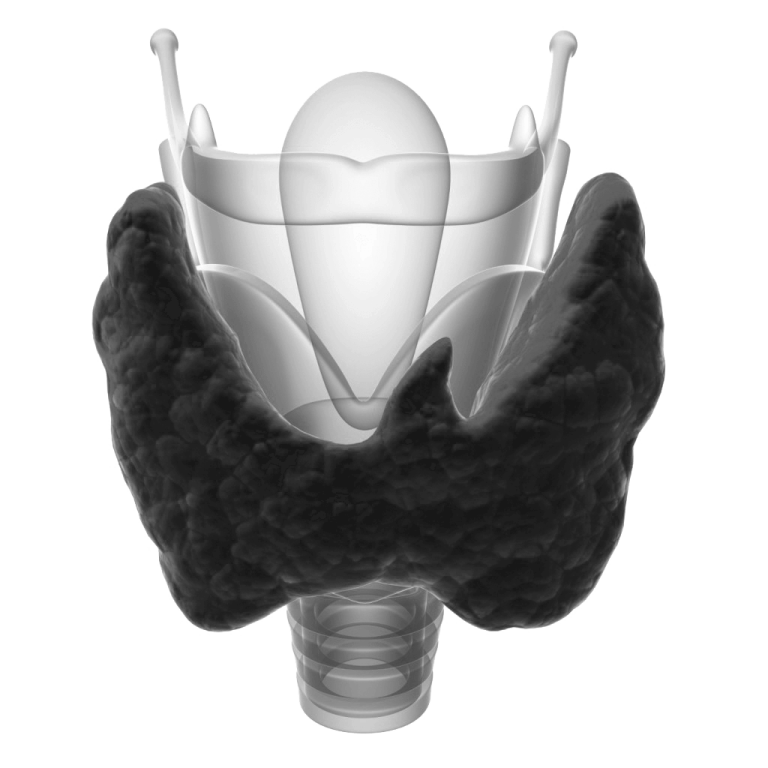מחקר שפורסם במרץ 2016 באתר: https://www.eje-online.org
Treatment of clinically nonfunctioning pituitary adenomas with dopamine agonists
Y Greenman, O Cooper, I Yaish, E Robenshtok, N Sagiv, T Jonas-Kimchi, X Yuan, A Gertych , I Shimon, Z Ram, S Melmed, N Stern
Abstract
Objective Clinically nonfunctioning pituitary adenoma (NFPA) remains the only pituitary tumor subtype for which no effective medical therapy is available or recommended. We evaluated dopamine agonist (DA) therapy for preventing growth of postsurgical pituitary tumor remnants.
Design The study design included historical cohort analysis of clinical results at two pituitary referral centers with different standard practices for postoperative NFPA management: DA therapy or conservative follow-up.
Methods Seventy-nine patients followed for 8.8±6.5 years were treated with DA, initiated upon residual tumor detection on postoperative MRI (preventive treatment (PT) group, n=55), or when tumor growth was subsequently detected during follow-up (remedial treatment (RT) group, n=24). The control group (n=60) received no medication. Tumoral dopamine and estrogen receptor expression assessed by quantitative RT-PCR and immunostaining were correlated with response to treatment.
Results Tumor mass decreased, remained stable, or enlarged, respectively, in 38, 49, and 13% of patients in the PT group, and in 0, 53, and 47% of control subjects; shrinkage or stabilization was achieved in 58% of enlarging tumors in the RT group, P < 0.0001.
Fifteen-year progression-free survival rate was 0.805, 0.24, and 0.04, respectively, for PT, RT, and control groups (P<0.001). About 42% of patients in the control group required additional surgery or radiotherapy, compared with 38 and 13% subjects in the RT and PT groups, respectively (P=0.002). Outcome measures were not related to NFPA D2R abundance.
Conclusions Dopamine agonist therapy in patients with NFPA is associated with decreased prevalence of residual tumor enlargement after transsphenoidal surgical resection.
treatment-of-clinically-nonfunctioning-pituitary-adenomas-with-dopamine-agonists